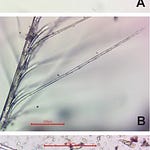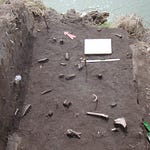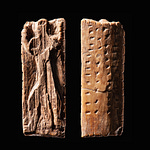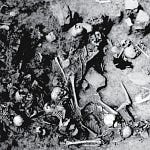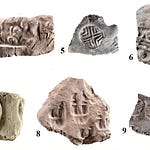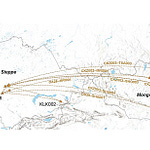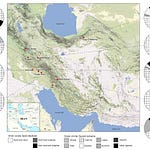A Boomerang Returns Home
In 2021, a local resident walked into the Wurundjeri Woi-wurrung Cultural Heritage Aboriginal Corporation carrying a wooden artifact he had safeguarded for decades. He explained that as a boy growing up near Yarra Junction, he had found it eroding from a mound that, to his young eyes, seemed like an old burial site. Now, years later, he was returning it.
What he carried was not an ordinary object. It was a wangim—a non-returning boomerang—believed to have been buried with its owner, a liwik, or ancestor. Its shape was broad, its curve deep, its ends slightly rounded. It was heavy in the hand, the wood burnished by both use and time.
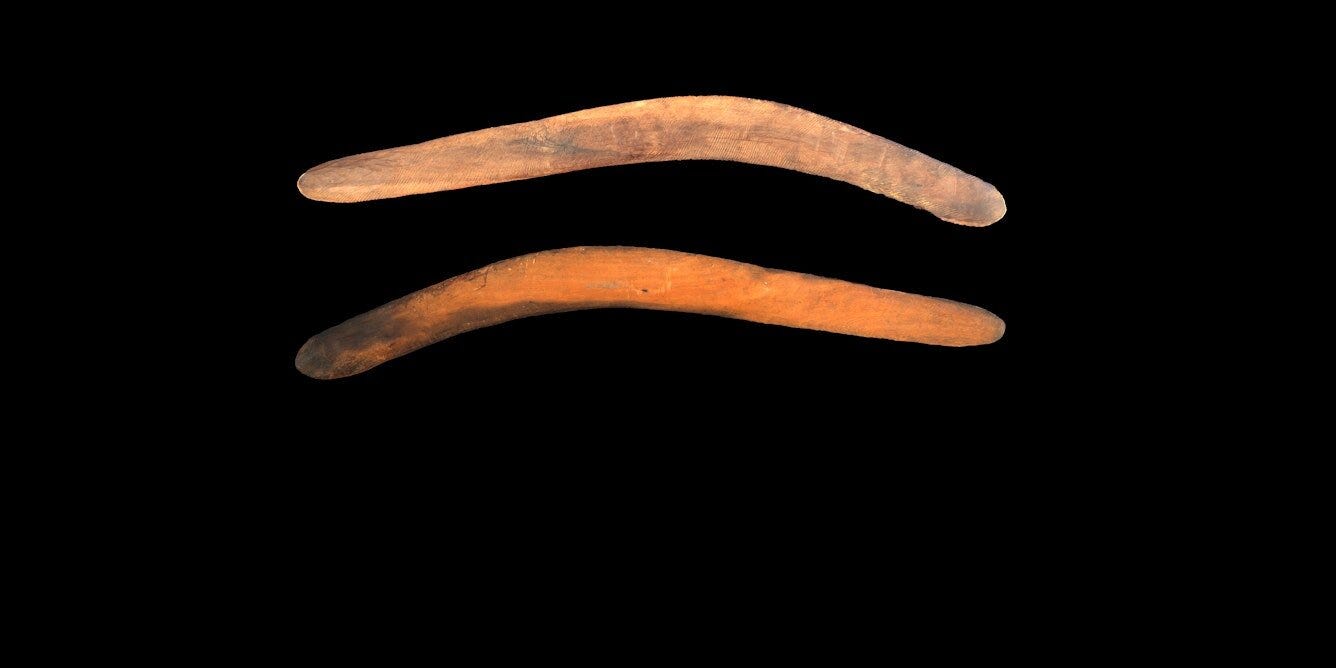
In a study published in Australian Archaeology,1 researchers, Wurundjeri Elders, and cultural heritage specialists worked together to reconstruct its story, merging traditional craftsmanship knowledge with microscopic and chemical analysis. Their collaboration transformed the boomerang from an artifact into a biography.
“Objects like this don’t just tell us about the past,” said Dr. Lisa Bordes, an archaeologist at the University of Melbourne and co-author of the study. “They tell us about endurance—how culture persists in material, in memory, and in hands that still know how to shape wood.”



